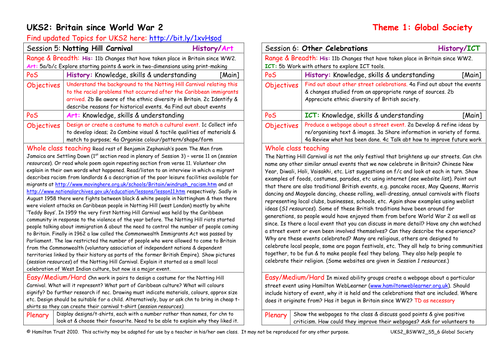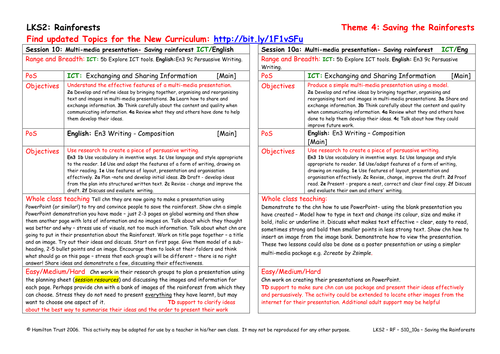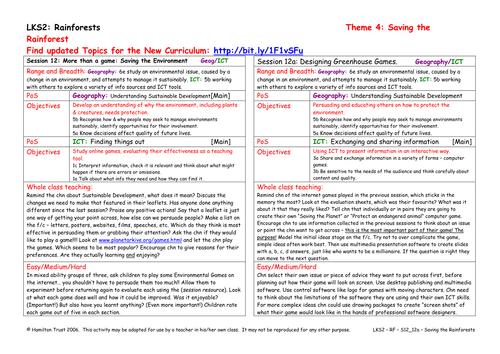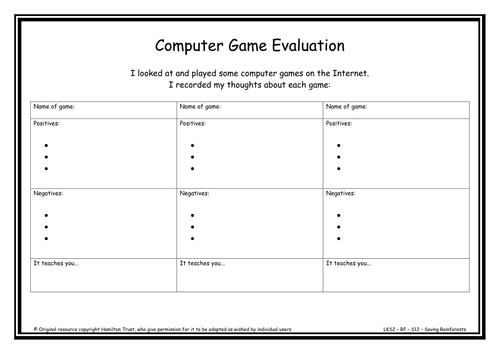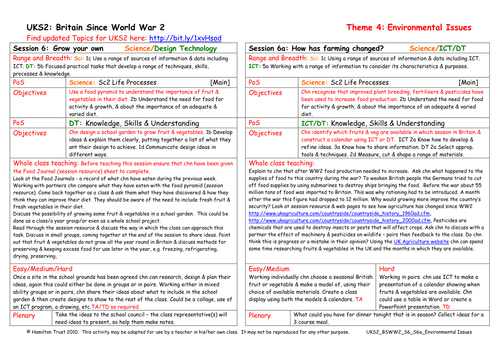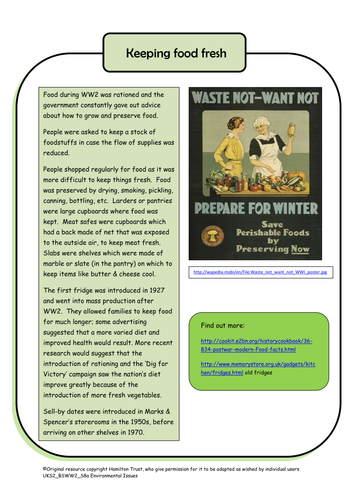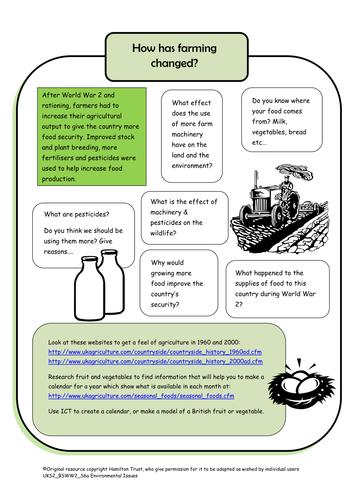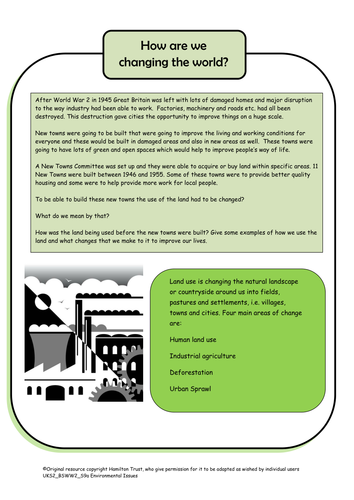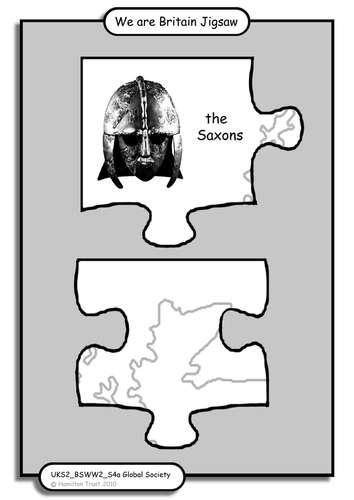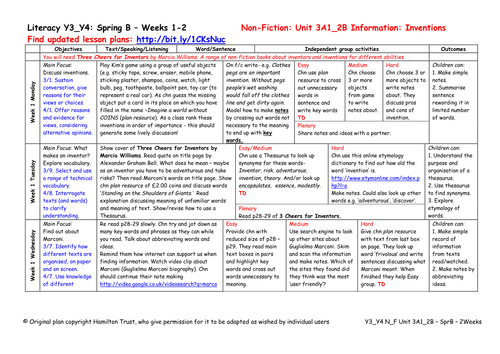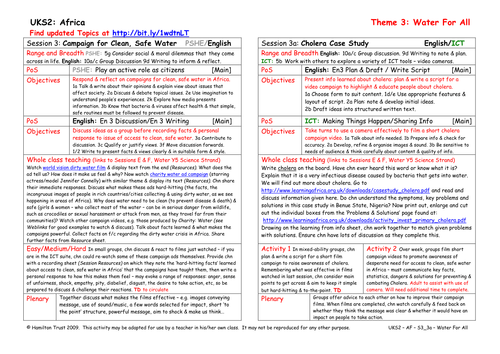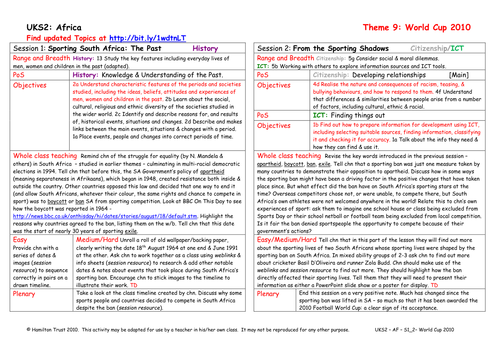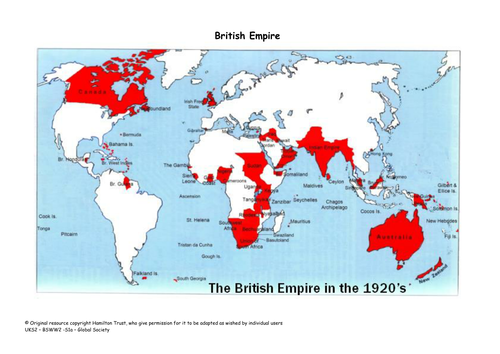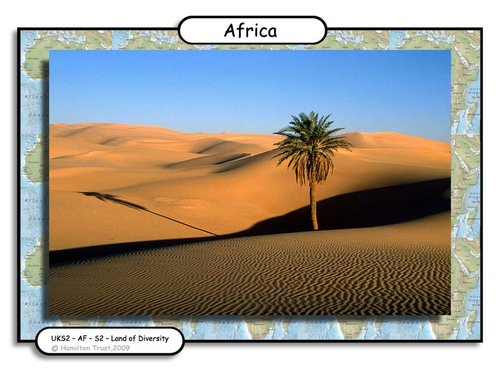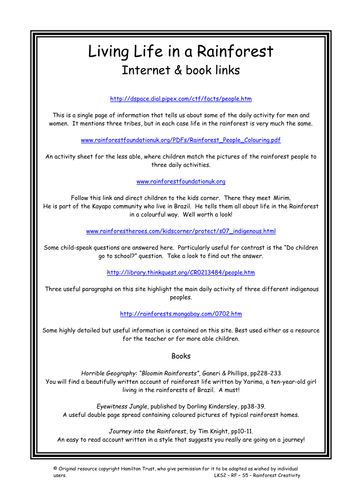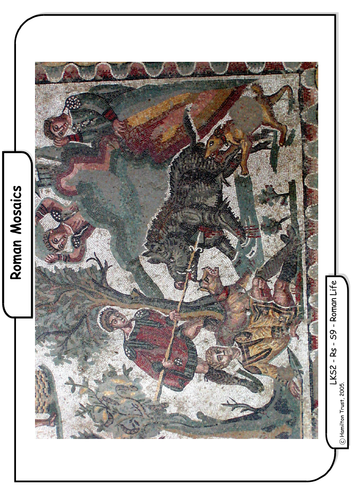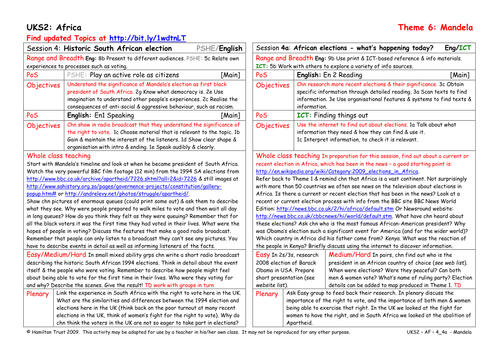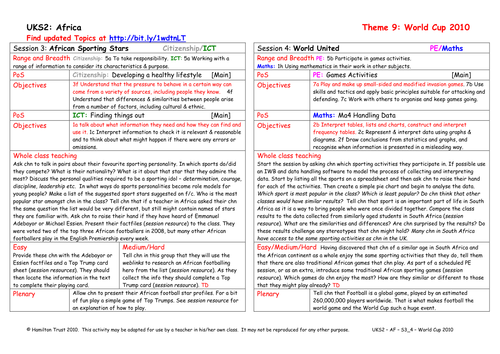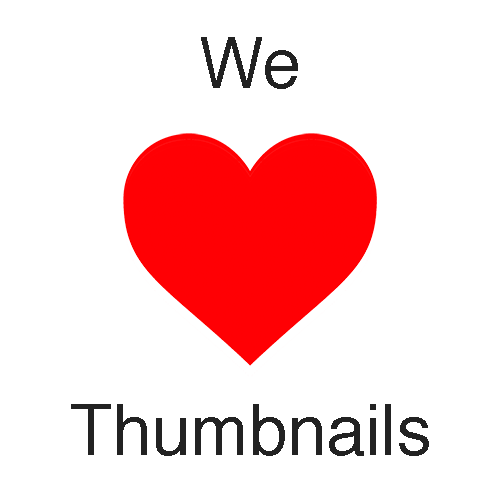
397Uploads
10045k+Views
11646k+Downloads
Computing

Children discuss the advantages and disadvantages of texting and emails, then write an email with attachments to an email ‘pen pal’ about their favourite session from this topic.

Other Celebrations
Look at other celebrations that take place here now because of the different immigrants who have come to Britain. Children research one of these celebrations in groups and using Hamilton WebLearner children produce a web page to describe and explain it.

Multi-media presentation - Saving rainforest 2
Children complete their presentations started in Session 10, bringing together the information they have collected in previous weeks and images selected from the internet.
Children watch the presentations and give feedback to their peers.

Designing Greenhouse Games
In this session children apply what they found out in the previous session about internet games to create their own Saving the Planet computer game. Whose will be most enjoyable? Which game will encourage us to do things differently?

More than a game… Saving The Environment
Who says learning can’t be fun! Children play and interact with a variety of computer games in the internet, all with a serious message. Children evaluate which are the most fun to play but also best at getting that message across.

Grow Your Own
Children compare a food journal they have kept with a food pyramid which gives the recommended servings of different food groups. The need to include fruit and vegetables is highlighted and children design a garden to grow their own.

Keeping Food Fresh
Food was rationed during WW2 and the government constantly gave out advice about how to grow and preserve food using various methods. Fridges went into mass production after WW2. Children explore a BBC site – rations, shops, a quiz, etc!

How Has Farming Changed?
After WW2 and rationing farmers had to increase production. Children discuss where food comes from, and their views on the use of heavy farm machinery and pesticides. Children make a model of a fruit/vegetable or create an ICT presentation showing seasonal availability.

How Are We Changing The World?
Children consider ways in which we use the land and how it has changed since WW2. The four main ways are human land use, industrial agriculture, deforestation and urban sprawl.
Children help decide the future of the imaginary Grousebrook Valley in the Peak District NP.

Jigsaw
Ensure that children understand that all the people who have come to live here since Roman times have made an impact on Britain. Children research one country that people have immigrated from and add a picture and label to a large class version of the jigsaw.

Yr 3/4 NF Unit 3A1-2B Information: Inventions
Explore how to find and present information about inventors and inventions. Give a talk as part of a group. Watch and listen to inventors explaining their ideas online. Make notes and contribute to a creative class book about inventors.

Cholera Case Study
Through following a case study in Benue State, Nigeria, children learn about cholera. They plan and write a script for a video campaign to highlight and educate people about cholera, finally taking turns to use a camera to film their short cholera campaign videos.
Suitable for years 5 and 6.

From the Sporting Shadows
Since the ban was lifted South Africa has become one of the World’s top sporting nations and has even been awarded the World Cup in 2010. But what impact did the ban have on the lives of South Africa’s sporting stars of the past?

Who Are The British People?
Discuss the diff peoples who came to Britain in the past and made it their home - Celts, Romans, Saxons, Vikings and Normans and how other peoples have continued to come since WW2. Start a class timeline and individual timelines using ICT about this.

Mountains to Seas
Using an exciting presentation, children look at a variety of images from across Africa, the largest landmass on the planet. They begin a research project to find out more about a particular type of landscape, possibly linking this to their chosen country.
Suitable for years 5 and 6.

Living Life In The Rainforest
The Rainforests are home to some 1.5 million people worldwide. But what is life for them really like? Chn take a close look in this session as they delve deeper into the forests and find out about life in the Jungle using books and ICT.

Researching Roman mosaics
Children research the internet and non-fiction texts and look for information about Roman mosaics. They talk about the images that Romans used in creating these, and then use a software package to create their own mosaics. Some chn do further research.
Suitable for years 3 and 4.

African Elections
Africa is a large continent with over 50 countries – usually there is an election going on somewhere! Children research a current/recent election in Africa and/or the election of Barack Obama as President of USA. Discuss the significance of Obama’s election.
Suitable for years 5 and 6.

African Sporting Stars
Who is your sporting hero? Children consider who their sporting heroes are, what makes them great and introduces the idea of sportspeople as role models. Children then investigate some African football idols for a game of top trumps.

School Structure
Compare your school with your link school (or use a Ghanaian school). The UNICEF book 'A school like mine' is used as a starting point to look at similarities and differences. Children prepare a website describing their school or the UK education system.
Suitable for years 5 and 6.


